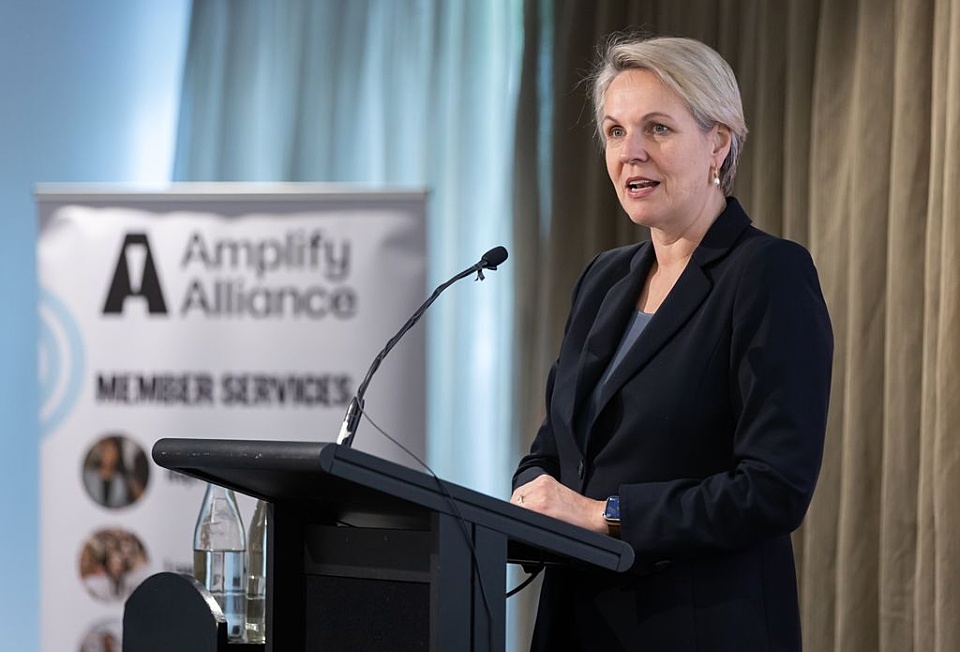
Feds flag human services grants shakeup
Posted on 15 Dec 2025
The federal government is trialling longer-term contracts for not-for-profits that deliver…
Posted on 21 Oct 2025
By Nick Place, journalist, Institute of Community Directors Australia
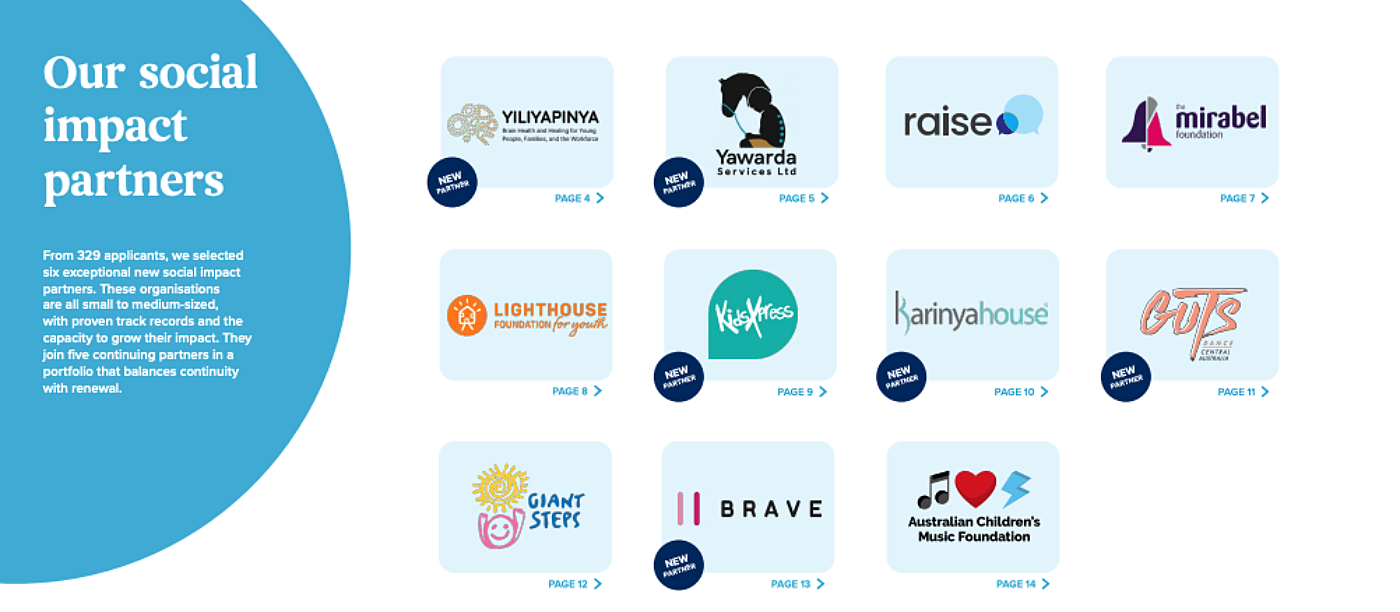
Tweens and young teens are set to benefit the most from an Australian investment company’s renewed focus on vulnerable kids.
Ten years after its establishment and following a comprehensive strategic review, Future Generation Australia has announced it has honed its funding vision to focus on assisting vulnerable Australian children aged 0–14, with a particular emphasis on children aged 8–14.
Announcing new funding partnerships in a webinar for investors yesterday, Future Generation’s social impact director, Emily Fuller, said 11 organisations would be supported in this financial year to the tune of $5.7 million, including five continuing partners.
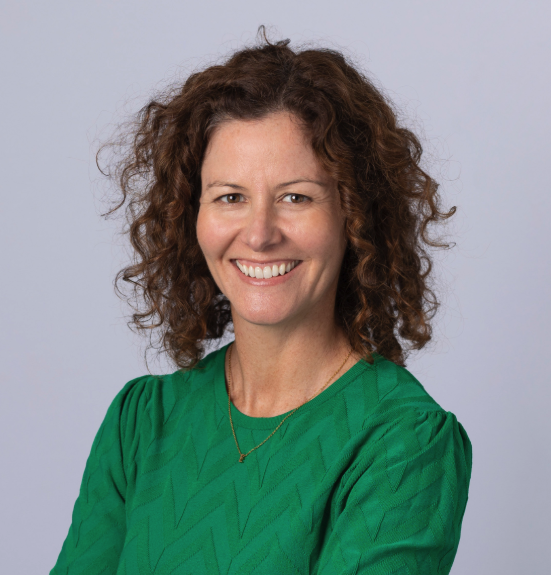
“We’ve moved from focusing quite broadly on children and youth at risk to really specifically looking to support organisations that help vulnerable young children under 14 to develop healthy relationships, to develop a positive sense of self and an ability for resilience, because those are the things that the research tells us will help vulnerable children to heal and grow despite early adversity,” Fuller explained. She said children under 14 were the priority group because “we know they are at higher risk of facing adversity early in life, and also their caregivers, because one of the greatest levers that we have to improve outcomes for vulnerable kids is by supporting their parents.”
New Future Generation social impact partners include the Brave Foundation, GUTS Dance, Karinya House, KidsXpress, Yawarda Services and Yilypinya.
Continuing partners include the Australian Children’s Music Foundation, Giant Steps, Lighthouse Foundation, the Mirabel Foundation and Raise Foundation.
Future Generation said the revised giving strategy had been informed by “the landmark 2023 Australian Child Maltreatment Study which revealed the scale and devastating impact of childhood trauma.”
Fuller said the Maltreatment Study “showed really clearly that childhood trauma isn’t a rare or isolated issue. It’s something that affects millions. That study showed that more than a quarter of young people had experienced at least three types of maltreatment during their childhood. So, that could be neglect, physical, sexual or emotional abuse, or witnessing domestic violence, and I think it’s well known that those kinds of traumatic events can set a negative course for your whole life.
“But what’s less well known and that we found compelling in our review is that with the right support at the right time, those trajectories can be changed positively and that children, despite the adversity they’ve faced, can recover through the supportive relationships and experiences that help the brain to heal and grow.”
Fuller said targeting the 0–14 age group meant that the main childhood developmental phases and transitions, such as moving from primary to secondary school, were in scope.
“We see within that that there’s quite a lot of focus and investment for really good reason at the early childhood phase and then again at the adolescent phase,” she explained. “But that leaves something of a missing middle in that mid-primary to mid-high school, eight-to-14 area. For example, we have a minister for early childhood, and we have a minister for youth, but we don’t have a minister for children. And interestingly, we’re seeing now that issues that used to start cropping up in early to mid-high school are now starting earlier in the late stages of primary school. So for us, as private funders, we’re always looking for spots to channel our support where others might be underinvested or they’re overlooking those spots. That eight-to-14 age group is a really key opportunity for us to create impact.”
“What’s less well known and that we found compelling in our review is that with the right support at the right time, those trajectories can be changed positively and that children, despite the adversity they’ve faced, can recover.”
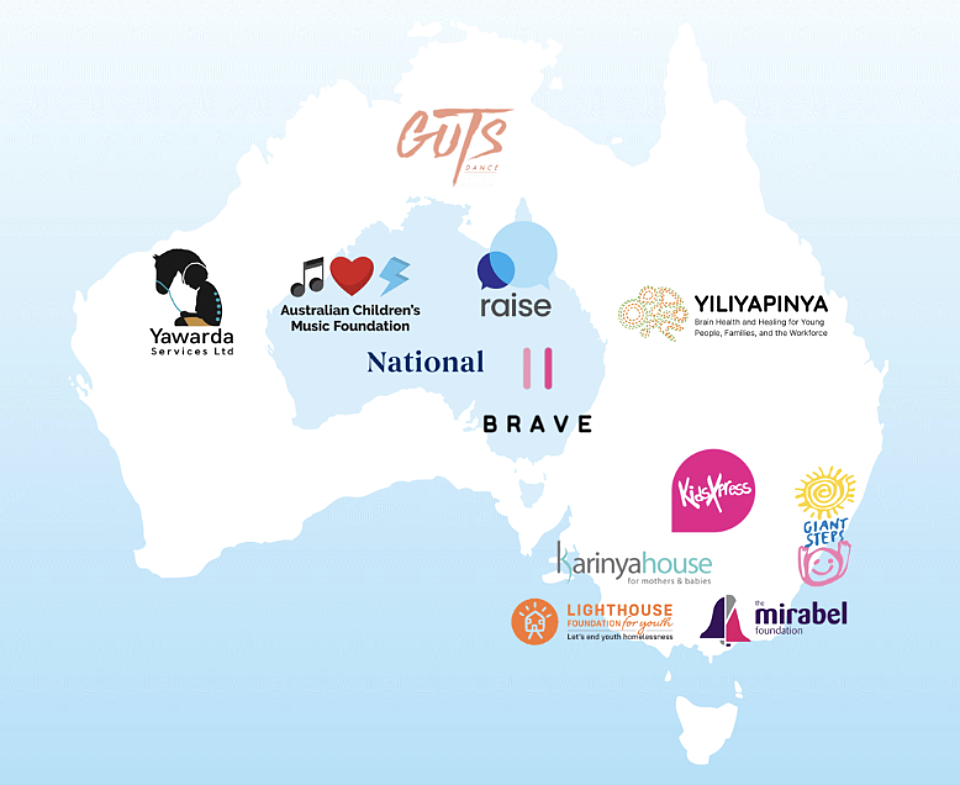
Future Generation CEO Caroline Gurney told the webinar that the company had received 329 applications for support, from which the final 11 were chosen. The criteria were demanding, she said, and ultimately, Future Generation was looking for partners that worked as a collective, and individually.
“Identifying partners is a combination of individual characteristics from those organisations as well as the aims that we have for the portfolio as a whole,” she said. “If we’re trying to build a portfolio for social impact, we are looking for partners who are complementary in that they’re all pushing for that same overarching goal that young children facing adversity will thrive, but they’re all getting there in different ways and using different strategies, whether that be mentoring, whether that be participation in the arts or music, or whether that be animal-assisted learning.
“Our approach is really informed by our DNA as an investment manager when we’re trying to identify undervalued companies and invest in them to realise growth,” she said. “If we apply that to social investment, we are backing high-potential nonprofits that have a very solid track record that’s aligned with that evidence base about what will work. But importantly, they’ve got high potential and runway to significantly increase their impact, and we can see that our contribution can help accelerate that.”
On that front, the webinar heard that Future Generation’s investment portfolio had enjoyed a strong year, despite volatile conditions and without high risk.
“That kind of sustained performance underpins what our model is all about because we’re combining really strong financial returns with real social impact,” Gurney said.
(Descriptions from Future Generation's website)
Yiliyapinya is an Indigenous-led, not-for-profit organisation focused on Brain Health and Healing for children, young people, their families, and the workforce. Yiliyapinya combines cultural wisdom with neuroscience to improve holistic wellbeing. Three core programs are provided; 1) The Yili Program for Indigenous 7-17yr olds to help young people return to school or start a job, 2) Deadly Brains Playgroup for culturally and linguistically diverse and Indigenous 0-5 yr olds and families, and 3) The Workplace Brain Health program for practitioners to understand their own brain so they can better understand the brains and behaviours of the children they work with. Yiliyapinya offers a safe, consistent space to heal, learn, and thrive. Representing more than programs; it’s a community where trust is built, behaviours shift, and future pathways are imagined.
Yawardani Jan-ga is a culturally safe, trauma-informed program supporting Aboriginal children and young people across the Kimberley region. Through Equine Assisted Learning (EAL), participants engage in healing activities on Country with a trained Aboriginal practitioner and therapy horses. Children learn emotional regulation, confidence, and communication by observing and interacting with horses – non-verbal, intuitive animals who respond in real time to human behaviour. Each session offers a safe space for young people to process emotions, strengthen self-belief, and feel culturally seen and supported.
Raise delivers early intervention youth mentoring programs. Expertly trained and youth safety screened, volunteer mentors meet with young people every week for up to 20 weeks, in schools or online, as they navigate the challenges of adolescence. Raise mentoring programs focus on the individual needs of that young person and help them to develop skills in resilience, self-confidence, school engagement, help seeking and goal setting. As a result, young people develop the hope and tools they need to survive and thrive through adolescence. With hundreds of thousands of young Australians living with anxiety, bullying, depression, eating disorders, discrimination, and loneliness, this early intervention is essential. Raise youth mentoring programs are the evidence-based, long term support that these young people need.
Mirabel believes that every child deserves a childhood. Since 1998, we have been supporting children being raised by extended family due to parental drug use. We assist children and their kinship carers across Victoria and New South Wales. Mirabel’s activities are all inspired by a mission to give children the childhood they deserve and break the cycle of addiction. Mirabel’s vision is that every child has a childhood filled with love, hope and belonging. For Mirabel children, their complex and difficult past makes it hard for them to participate in life in positive ways. Mirabel supports children to thrive by providing comprehensive, trauma-informed services that address the unique needs of the Mirabel children and their kinship carers. All of Mirabel’s service provision centres around creating opportunities for positive childhood experiences.
Lighthouse Foundation transforms the lives of vulnerable children and young people by helping them overcome adversity through its holistic, evidence-informed Lighthouse Model of Care. With the support of the community, Lighthouse works to break the cycle of intergenerational trauma – ensuring that children and young people who have experienced homelessness and/or trauma have access to safe homes and the therapeutic relationships they need to heal, grow, and thrive. Through a range of tailored care environments including Lighthouse Homes, Foster Care, Family Support, and In-Community programs – Lighthouse delivers consistent, trauma-informed support where and when it’s needed most. Through long-term commitment, Lighthouse ensures that support reaches the children and youth who need it, where they need it, for as long as they need it.
KidsXpress is changing the trajectory of childhood trauma. Through evidence-based Expressive Therapy and Trauma-Informed Education, it provides early intervention for children aged 12 and under, using creative, neuroscience-backed approaches to build emotional regulation, strengthen wellbeing, and break cycles of trauma. KidsXpress also strengthens the ecosystem around children by equipping caregivers, teachers and health professionals with tools to recognise and respond to mental health challenges, creating safer, more supportive environments. This dual-impact approach delivers immediate benefits and long-term change. Programs are delivered at centres in Macquarie Park and Tumut (regional NSW), and in school, community and health settings. Independently evaluated and recognised for its strong social return on investment, KidsXpress knows healing children early isn’t just the right thing to do – it’s how stronger families, communities and futures are built.
Karinya House supports women who are pregnant and or parenting a baby, who are homeless, at risk of homelessness or otherwise at risk. They offer safe accommodation, casework support and practical assistance that fosters self-confidence and personal development. Their intensive individualised casework support is tailored to meet the diverse needs of the women they walk alongside. Karinya House’s vision is to provide a place of welcome, sanctuary and community to women, creating a community where women can grow, heal, build hope, and plan a future for themselves and their families.
Based in Alice Springs, GUTS Dance empowers young people through inclusive dance and wellbeing experiences that build confidence, celebrate identity, and strengthen community connection. Their approach is grounded in intercultural respect, youth-led feedback, and creative expression. GUTS works closely with educators, elders, families and local organisations to ensure their programs are accessible, responsive, and impactful. Designed to reach young people who may feel alienated by traditional arts or education settings, GUTS programs are free or low-cost, built around consistent, long-term relationships, and centre care and accessibility. Whether through iconic community events like Alice Can Dance, or smaller group programs like Brave Bodies, GUTS ensures every young person has the chance to see themselves as creative, capable, and valued.
Giant Steps is a leading provider of education and support services for children and young people with autism. It offers a unique transdisciplinary model that combines teaching, therapy, and clinical support – all under one roof. Every student receives a highly individualised program that supports communication, emotional regulation, social connection, and community access. The goal is to reduce barriers to learning and enable each young person to participate fully in their world. Giant Steps also supports families by offering counselling, training, and practical assistance in navigating complex care needs. Through its integrated services, Giant Steps empowers students and families to move from crisis to connection – and to build sustainable, more hopeful futures.
Brave Foundation works with young parents supporting them to identify and achieve their personal and parenting goals as they navigate pregnancy and parenthood. Brave’s professional mentors provide one-on-one support over a 12-month period. Underpinned by a relationship of trust, mentors ensure young parents are able to connect to services and resources in their community. With lived experience core to the organisation’s work, Brave is committed to ensuring young parents voices are heard and are directly informing policy, programs, and practice so that they and their children can thrive.
The Australian Children’s Music Foundation (ACMF) is a leading arts organisation dedicated to ensuring every child has access to the transformative power of music education. With two in three public primary schools lacking classroom music lessons, ACMF addresses this critical equity gap by delivering free, long-term weekly music programs and instruments to children in schools with high levels of disadvantage, youth justice centres, and hospitals across Australia. ACMF’s programs are more than just music lessons; they are a catalyst for positive childhood experiences. The programs boost confidence, self-esteem, and academic engagement, including improvements in literacy, numeracy, and school attendance. By providing consistent access to expert teaching musicians, ACMF empowers children to overcome adversity, express themselves, and build a foundation for a brighter future.

Posted on 15 Dec 2025
The federal government is trialling longer-term contracts for not-for-profits that deliver…

Posted on 15 Dec 2025
A Queensland audit has made a string of critical findings about the handling of grants in a $330…

Posted on 15 Dec 2025
The federal government’s recent reforms to the Commonwealth procurement rules (CPRs) mark a pivotal…
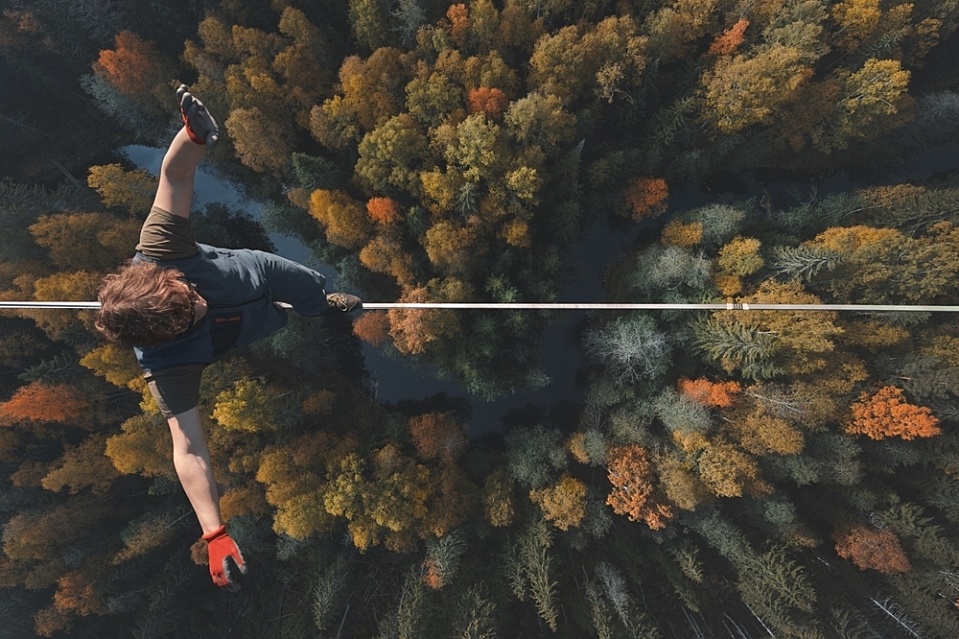
Posted on 15 Dec 2025
With billions of dollars at stake – including vast sums being allocated by governments –grantmakers…
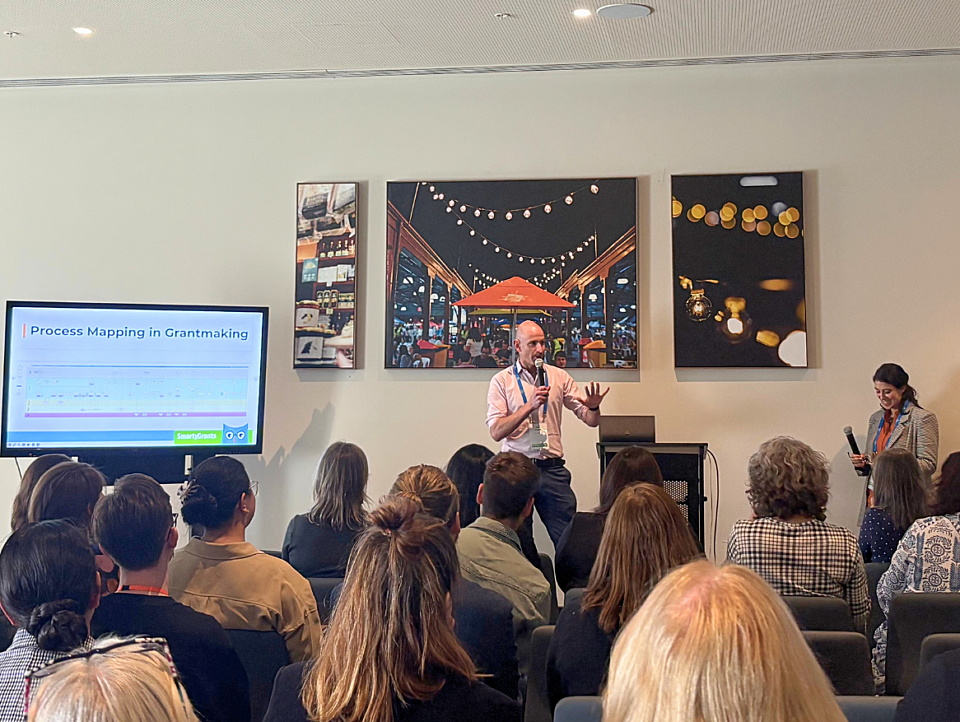
Posted on 15 Dec 2025
Nearly 100 grantmakers converged on Melbourne recently to address the big issues facing the…
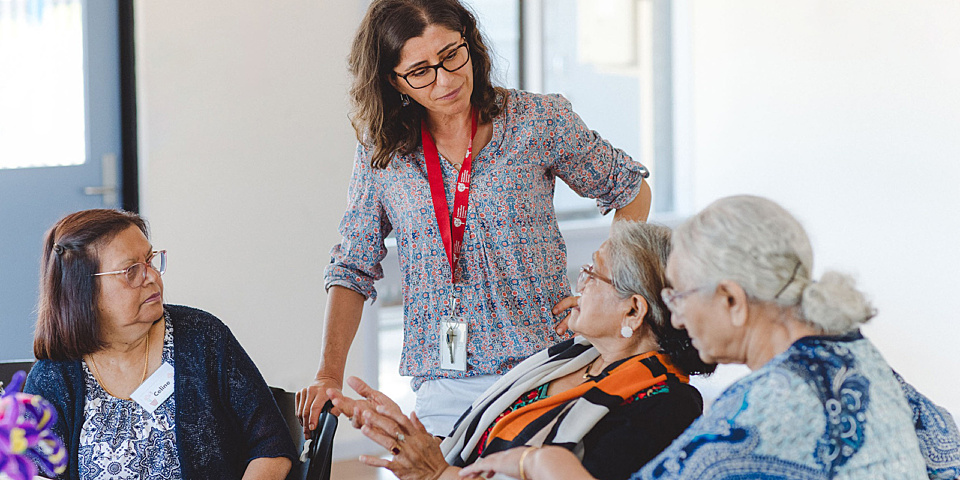
Posted on 10 Dec 2025
Just one-in-four not-for-profits feels financially sustainable, according to a new survey by the…
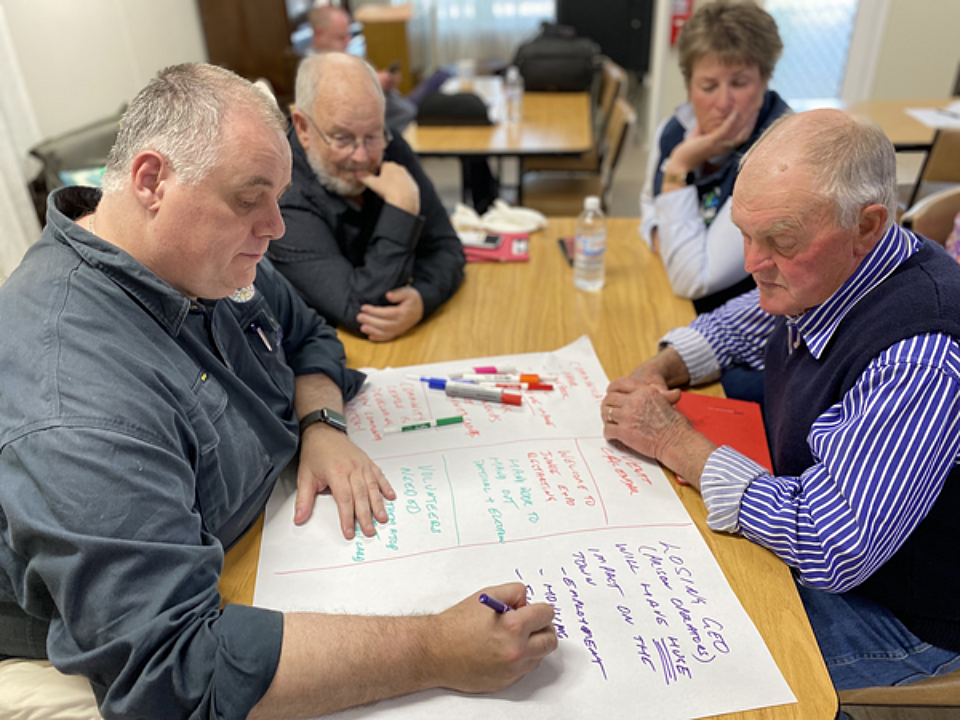
Posted on 10 Dec 2025
The Foundation for Rural & Regional Renewal (FRRR) has released a new free data tool to offer…
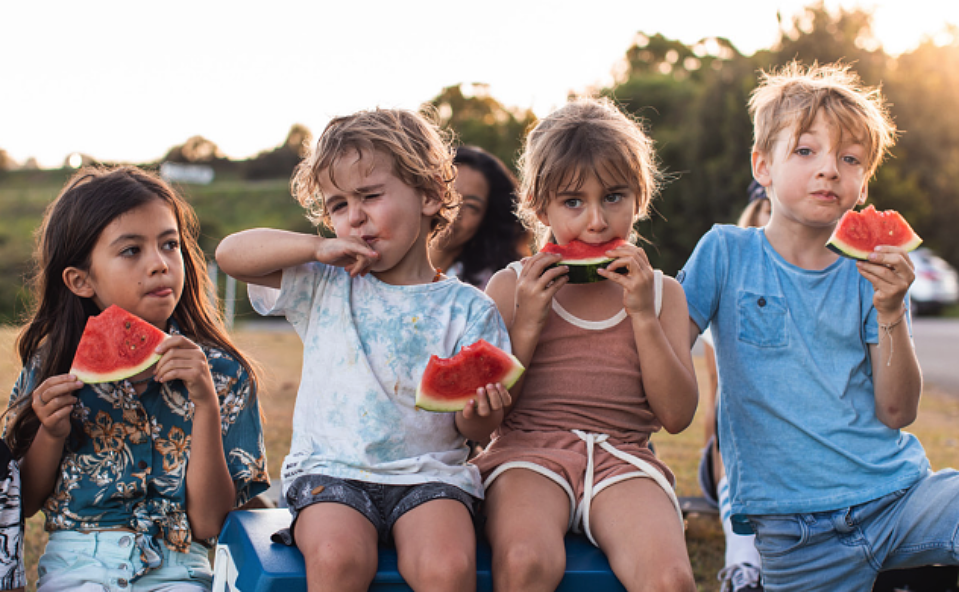
Posted on 10 Dec 2025
A major new report says a cohesive, national, all-governments strategy is required to ensure better…

Posted on 08 Dec 2025
A pioneering welfare effort that helps solo mums into self-employment, a First Nations-led impact…

Posted on 24 Nov 2025
The deployment of third-party grant assessors can reduce the risks to funders of corruption,…
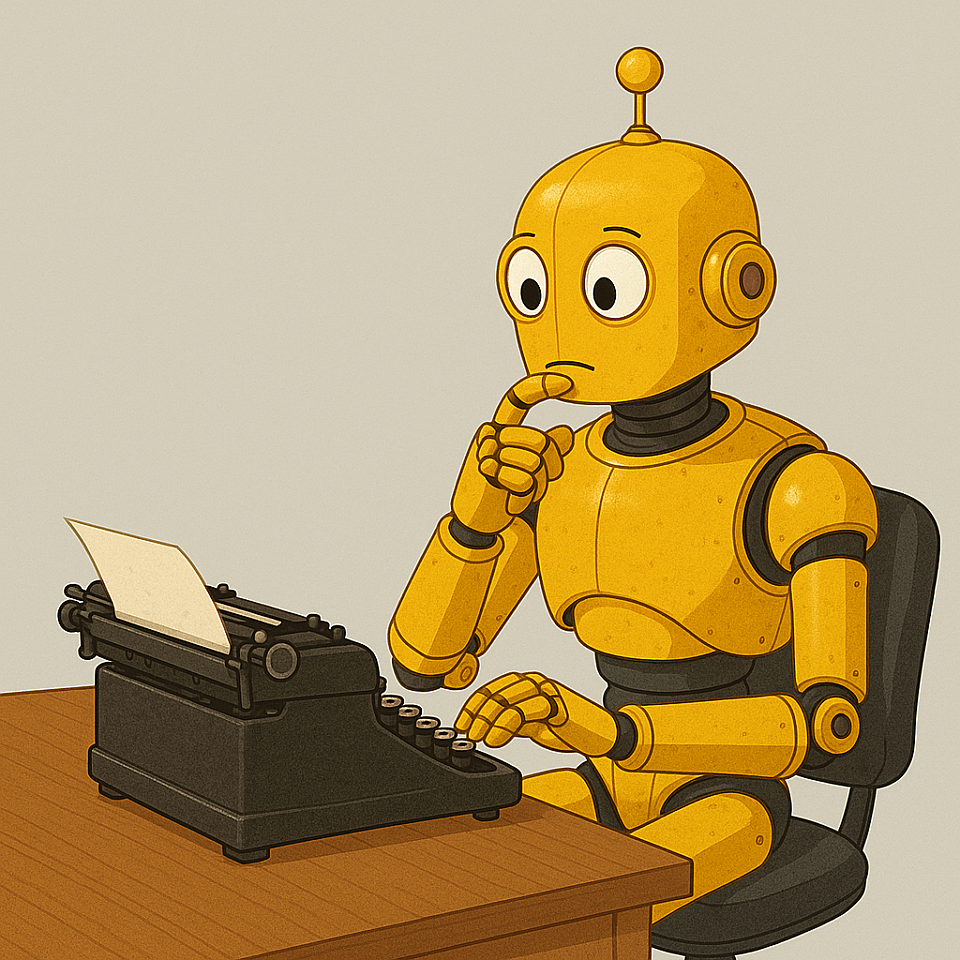
Posted on 21 Oct 2025
An artificial intelligence tool to help not-for-profits and charities craft stronger grant…

Posted on 21 Oct 2025
Artificial intelligence (AI) is becoming an essential tool for not-for-profits seeking to win…